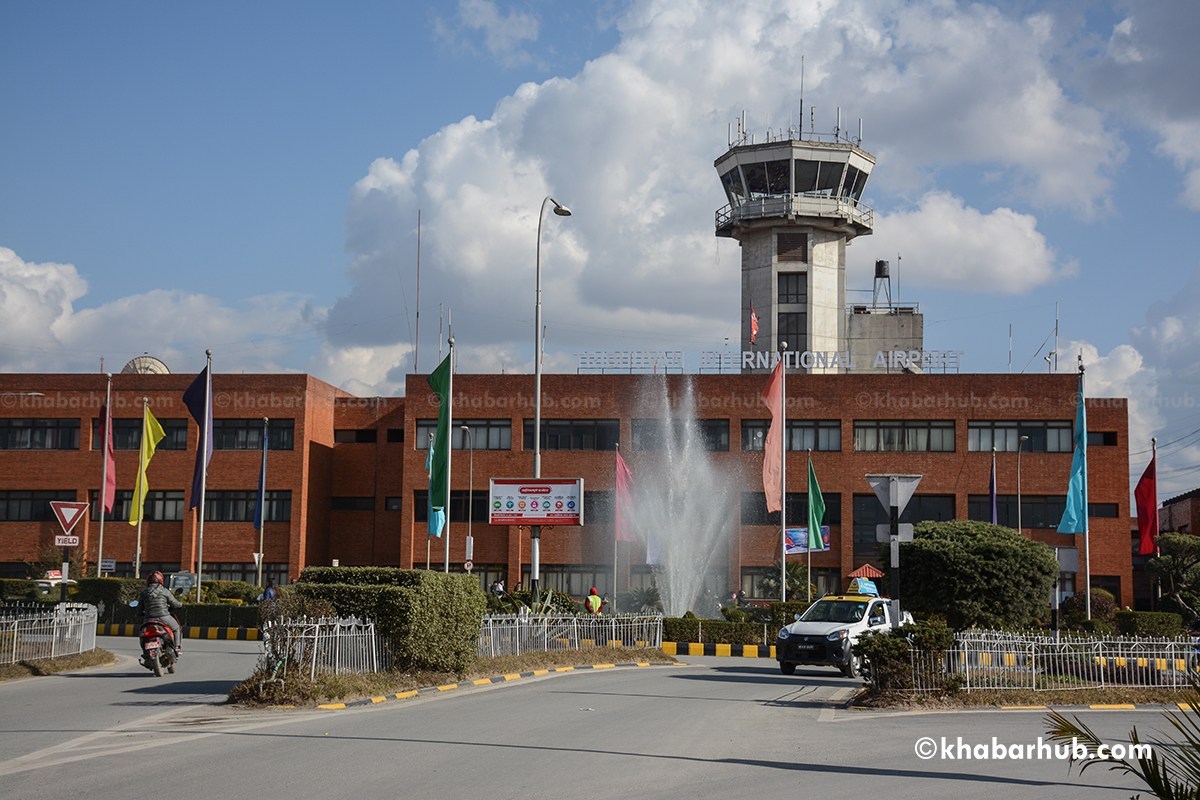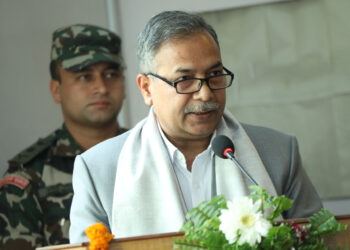KATHMANDU: The Department of Immigration has unveiled information regarding the mandatory documents for Nepali citizens planning to travel abroad on visit and tourist visas effective today.
The regulations, set to be enforced starting Wednesday, aim to streamline the process and ensure the lawful travel of citizens.
Here are the key points outlined by the Department:
Passport validity: A passport with a minimum validity period of 6 months is a prerequisite for traveling abroad on a visit visa.
Entry permit: An entry permit is necessary if the visa or on-arrival visa for the destination country is secured.
Air tickets: Travelers must submit two-way air tickets to comply with the established guidelines.
Proof of accommodation: Visitors are required to provide proof of hotel booking for the duration of their visit.
In cases where staying with relatives without a hotel booking, a citizenship certificate or any document revealing the relationship within three generations of the same household must be submitted.
Invitation requirements: Those invited abroad must present a letter of invitation or a cash equivalent of 500 USD.
Specific declarations for certain countries: Traveling to UAE, Bahrain, Kuwait, Qatar, Oman, and Saudi Arabia on a visit visa requires a self-declaration according to Schedule 2. The burden of proof for the details therein rests on the concerned person.
Moreover, the Immigration Department has emphasized the importance of self-declaring the intention to return home on time.
The notification states, “Nepalese who have gone on a visit visa are not found to have returned on the specified date, except for unusual circumstances, they should return to the country within the specified date.”
Additionally, before departing, Nepali citizens are urged to familiarize themselves with general information about the language, culture, and laws of the destination country.
The Department has also issued a warning against the use of fake documents and false details for visit visas, especially in conflict-affected countries, emphasizing the illegality and potential risks associated with such actions.
Nepalis travellers are explicitly advised against engaging in illegal activities such as joining the army or armed groups of other countries, except those joining the Indian and British army with government approval.
Rescue operations for individuals involved in such activities may prove challenging.
The Immigration Department has also appealed for compliance with these regulations in the national interest.









Comment